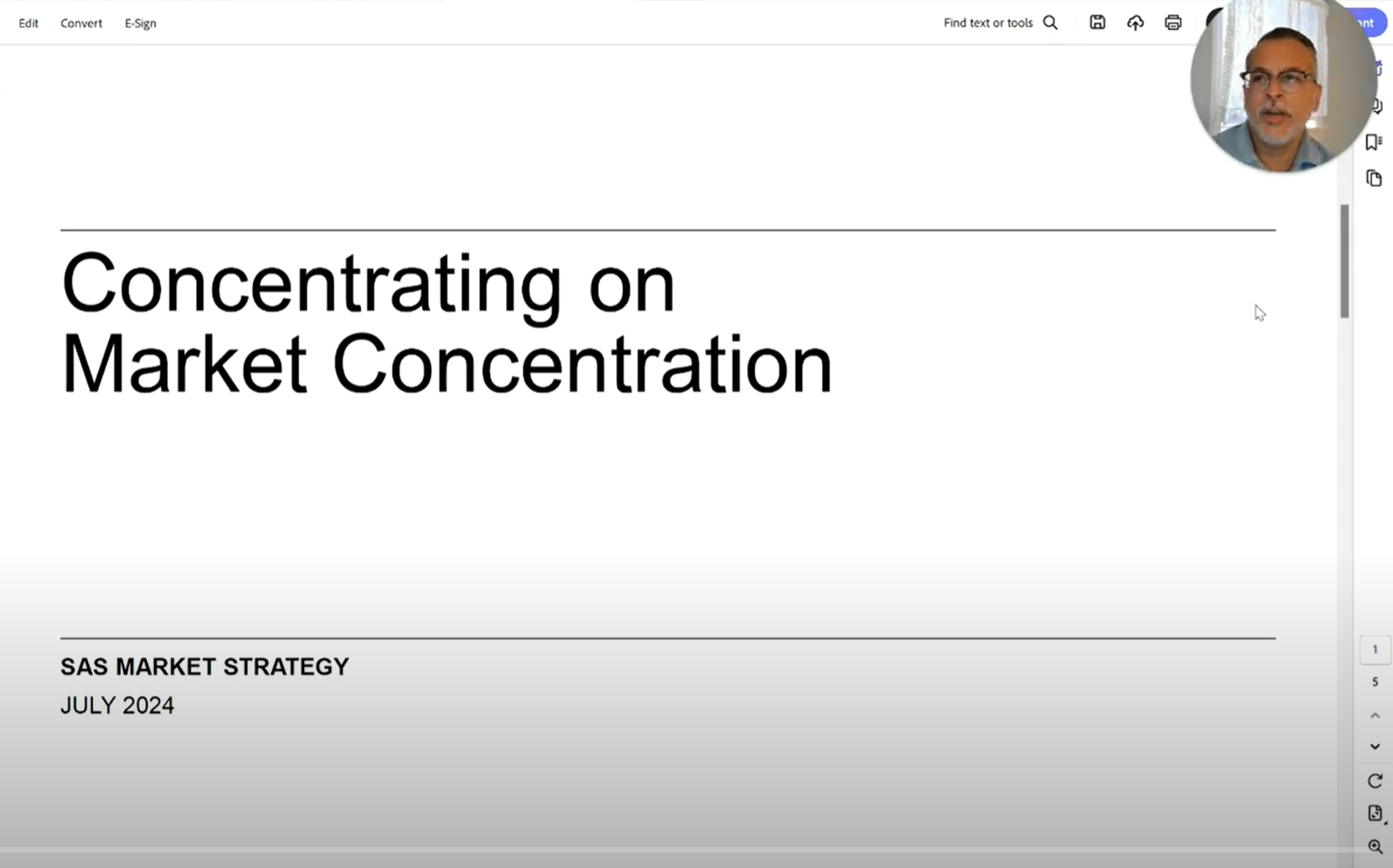My Introduction to Star Trek
After we’ve put the baby to bed at night and set tomorrow’s coffee to brew, my husband and I watch Star Trek: The Next Generation. He was raised on Star Trek, I was not. Watching it for the first time, I am struck by how timeless it is, and by what Star Trek can teach us about life. I don’t know whether this is required of a show that originally aired 30 years ago, but just in case: this blog post contains spoilers.
The crew of The USS Enterprise has been eagerly anticipating the arrival of an admired guest: Vulcan Admiral Sarek(trivia: he’s Spock’s father!), coming abroad to mediate a conference of tremendous diplomatic importance. The admiral has had a long, celebrated career, including playing a central role in shaping the Federation itself. He is a hero of Captain Picard’s.
When he arrives though things seem… off. His closest advisors are behaving strangely; they insist he be insulated from strain and socialization. His wife is acting overprotective as well – and the Admiral himself is behaving strangely.
As the week progresses and the conference approaches, Captain Picard and his crew observe more red flags. They start to wonder: is the Admiral alright? On the eve of the conference the Enterprise orchestra presents a performance of Mozart. Admiral Sarek is moved to tears by the beauty of the music. This would be unremarkable for a human, but for a Vulcan, whose whole culture is defined by logic and emotional distance, this is extremely alarming.
Captain Picard and his advisors realize that the Admiral is suffering from a decline in his mental capacity, which is manifesting in a loss of impulse control and emotional regulation. His wife and advisors have been sheltering him and compensating for him; they wish to spare him the indignity of decline. It’s clear to the Captain that the Admiral is in no condition to mediate the diplomatic conference, and a failure could be catastrophic.
Does this sound familiar? This episode of Star Trek: The Next Generation is a sci fi case study of a familiar story: a beloved and respected elder begins to incrementally lose their capacity. Out of respect, the people around them initially do not draw attention to the slips. As capacity declines, family members and friends compensate and cover for the changes in behavior. Often the elder themselves remains unaware of their shifting capacity. It becomes an open secret: everyone knows that Grandma is struggling, but no one knows how to talk about it – least of all to her. It’s a painful and tricky situation, and often doesn’t reach a head until there is imminent danger (like driving). We want to honor our elders and protect their dignity, and we also want to keep them and those around them safe. How do we do this?
Fortunately, we can look to Captain Picard’s model for guidance.
Picard’s Model
Picard decides that the respectful and necessary course of action is to speak with the Admiral directly about his condition. Picard is gentle and clear. He addresses the subject head on without sugar coating. The Admiral is in denial and defensive. The Captain remains calm and respectful, appealing to Vulcan logic and presenting the observable facts of the Admiral’s behavior. The first conversation ends poorly, but the next conversation goes better. Ultimately, Admiral Sarek recognizes the truth of the situation and invites the Captain’s support. Through their collaboration, the relationship between Picard and Sarek transforms from one of mutual professional respect to emotional closeness and profound trust. Together Picard and Sarek successfully host the diplomatic conference, after which the Admiral retires from official duties.
What exactly can Picard’s approach in Star Trek can teach us about life?
Presenting the observable facts gently and dispassionately can prevent escalation in difficult conversations.
Sometimes the first (or fiftieth) conversation will still go badly. No matter how well-intentioned the conversation or skillful the conversant. Keep trying.
Clear is kind. By being direct with the person in decline we give them an opportunity to invite the help they want while they still have the capacity to participate in decision making. This honors their dignity more than furtively compensating for them.
Sometimes the reward for having a courageous conversation is deeper emotional connection and trust.














